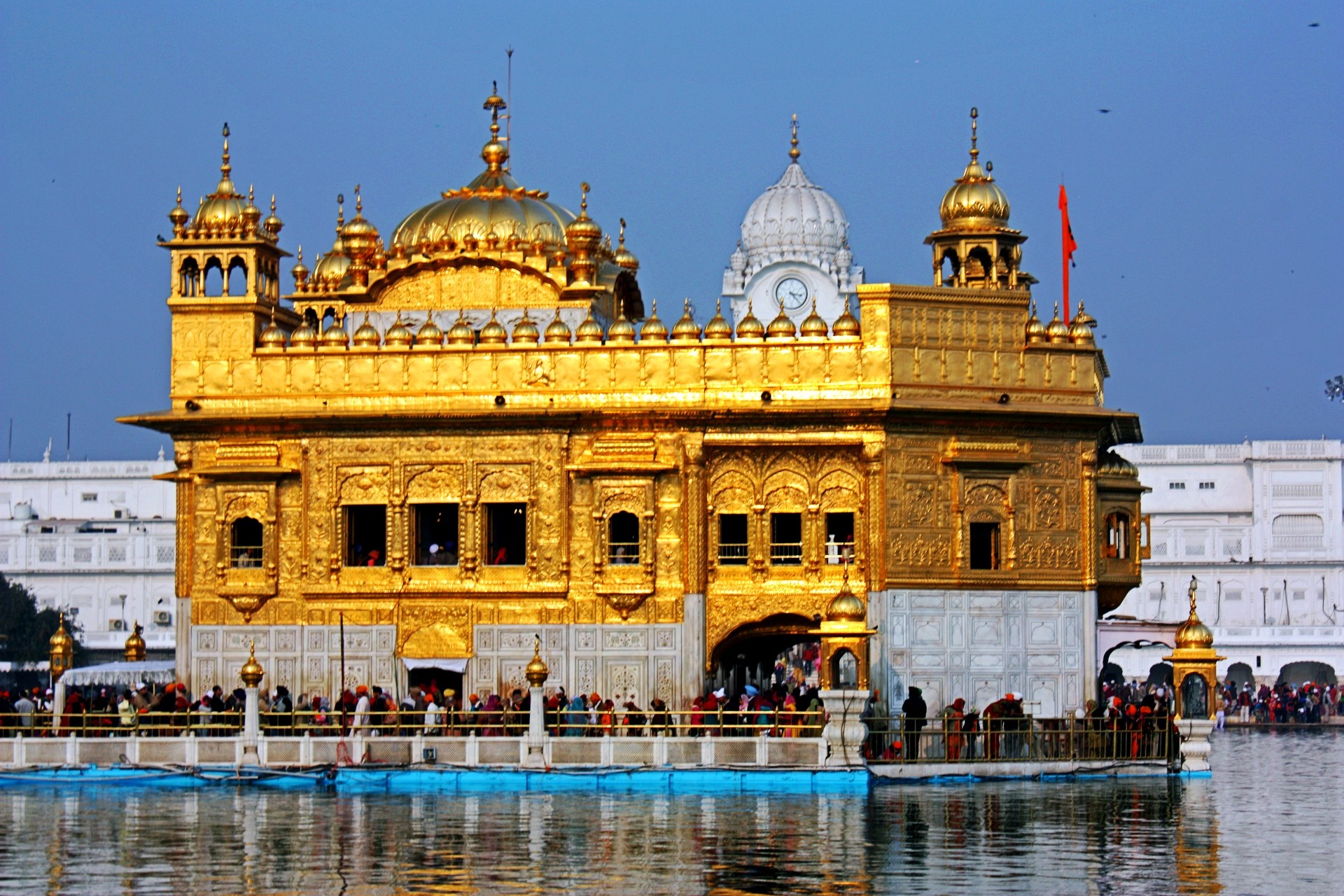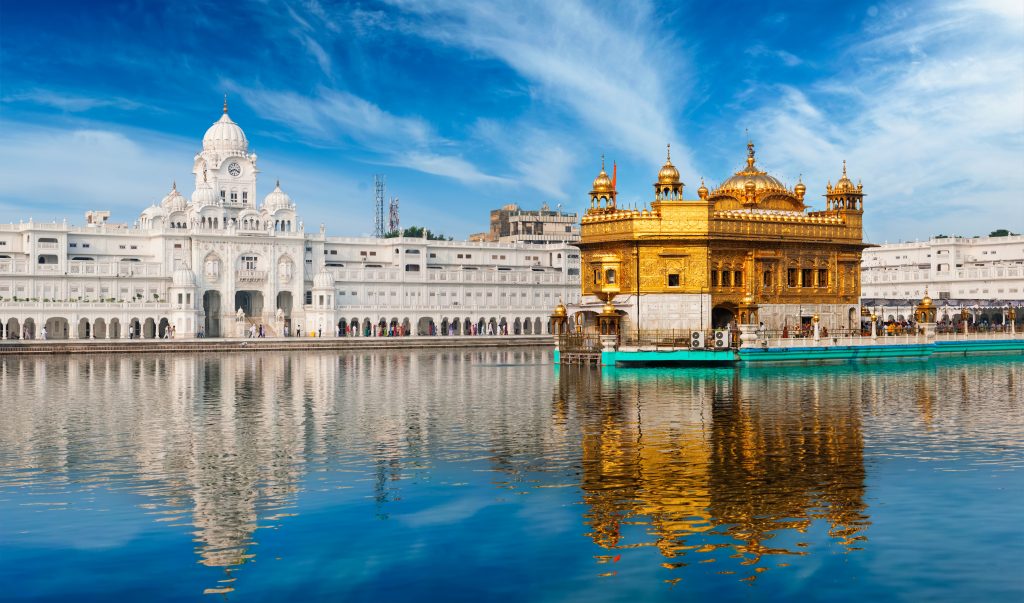The way we park our vehicles, a seemingly small part of our daily routine, actually holds a rather significant impact on the flow of city life, particularly in places like Punjab. This region, a truly vital part of India, known for its rich history and vibrant culture, is now, in a way, grappling with urban challenges that affect everyone. The ongoing discussion around the punjab parking case really brings to light how our growing cities need smarter solutions for managing space, so it's almost a big deal for lots of people.
Punjab, a state in the northwestern part of India, shares its borders with Haryana and Himachal Pradesh, and has Chandigarh as its capital city. This land, where about 30 million people live, has a deep heritage, with its foundations laid by figures like Banda Singh Bahadur. It was, you know, a crucial province under the British Raj until the partition in 1947, encompassing what are now the Indian states and union territories of Punjab, Haryana, and Himachal Pradesh. This historical depth, combined with its status as a beacon of culture and agriculture, means that any issue affecting its people, like parking, resonates quite broadly.
When we talk about the punjab parking case, we are, in some respects, looking at more than just where to leave a car. It's about how urban areas are growing, how people move around, and what rules make sense for everyone. It’s also about ensuring that daily life remains smooth in a state famous for its delicious cuisine, the Golden Temple, and its significant contributions to India’s freedom struggle. Parking, you see, directly affects how easily people can access these important places and go about their business.
Table of Contents
- Understanding the Parking Challenge in Punjab
- The Core of the Punjab Parking Case
- Implications for Residents and Businesses
- Potential Solutions and Future Outlook
- People Also Ask About Punjab Parking
Understanding the Parking Challenge in Punjab
Cities across Punjab, from its bustling centers to its quieter towns, are facing a similar sort of challenge: a lot more vehicles than available parking spots. This is, you know, a common problem in many places that are growing quickly. The issue becomes even more noticeable in areas with older infrastructure that just wasn't built for today's volume of cars and bikes. It's not just about convenience; it's also about safety and how easily emergency services can get around.
Historically, Punjab has always been a place of movement and trade. Its location in the northwestern part of the subcontinent made it a crucial passage for centuries. But with modern development, that movement has changed quite a bit. What was once, you know, a matter of horse carts and pedestrians is now a complex network of cars, trucks, and two-wheelers. This shift naturally puts pressure on urban spaces, making parking a really hot topic.
The state's growth, driven by its strong agricultural base and cultural significance, means more people are living in and visiting its cities. More people, naturally, means more vehicles. This is, by the way, a direct factor in why the punjab parking case has become so relevant. It’s a reflection of the state’s progress and the growing pains that come with it, affecting everything from local businesses to everyday commuters.
The Core of the Punjab Parking Case
At its heart, the punjab parking case seems to revolve around the urgent need for better management of public and private parking spaces. This might involve clarifying existing rules, introducing new ones, or even looking at how parking fines are handled. It's, you know, a situation where the legal system is stepping in to help make sense of a daily struggle for many people.
Why This Case Matters
This particular case is important because it could set a kind of precedent for how urban planning and traffic management are approached across Punjab. A clear ruling or new guidelines could really help reduce congestion, improve road safety, and make cities more walkable. It's, as a matter of fact, about improving the overall quality of life for the millions who call Punjab home.
The decisions made in this case could, for instance, influence how new buildings are designed, requiring them to include more parking. They might also lead to more designated parking zones or better public transport options to reduce the reliance on private vehicles. The outcome, you know, could shape the future of urban mobility in the state.
Past and Present Parking Scenarios
In the past, parking might have been less of a concern in Punjab's cities. As a state with a strong agricultural background, many areas were less densely populated, and vehicle ownership was not as widespread. However, with economic development and a growing population of around 30 million people, the situation has changed quite dramatically.
Today, finding a parking spot in places like Chandigarh, the state capital, or other major cities can be a real struggle. Streets are often crowded, and people sometimes park wherever they can, leading to traffic jams and frustration. This current reality is, basically, what the punjab parking case aims to address, seeking to bring some order to the chaos that has, in a way, become common.
Implications for Residents and Businesses
The results of the punjab parking case will, very likely, have direct effects on the daily routines of residents and the operations of businesses throughout the state. Any new rules or enforcement measures will change how people plan their trips and how commercial areas function. It's, you know, a topic that touches almost everyone.
Daily Life Adjustments
For residents, clearer parking rules might mean less time spent searching for a spot, but it could also mean paying more for parking or having fewer convenient options. People might need to adjust their habits, perhaps walking more or using public transport if it becomes more viable. This is, you know, a pretty big change for how people move around their neighborhoods.
It could also lead to a decrease in illegal parking, making streets safer for pedestrians and allowing traffic to flow more smoothly. This is, actually, a good thing for everyone. Families visiting places like the Golden Temple or the Wagah Border, for instance, might find their trips less stressful if parking is well-organized. It's about making everyday life just a little bit easier.
Economic Ripple Effects
Businesses, too, will feel the impact. Shops and restaurants might see changes in customer footfall if parking becomes too difficult or expensive nearby. On the other hand, well-managed parking could attract more visitors, knowing they can easily access the establishments. It’s a delicate balance, obviously, that the case tries to address.
For example, if a new parking policy makes it harder for delivery vehicles to access certain areas, it could affect supply chains and local commerce. Conversely, better parking infrastructure could boost local economies by making commercial hubs more accessible. This is, you know, a very important consideration for the state's economy, which relies on its vibrant markets and agricultural produce.
Potential Solutions and Future Outlook
As the punjab parking case moves forward, it’s hoped that it will lead to practical and lasting solutions for the state’s parking challenges. There are many ways to approach this, from new technologies to community involvement. It’s, arguably, a chance to really think differently about urban space.
Innovative Approaches to Parking
One possible outcome could be the adoption of smart parking systems. These systems use technology to show available spots in real-time, making it much easier for drivers to find parking. This could involve apps or digital signs. They could also, you know, help manage payments more efficiently, reducing hassle for everyone involved.
Another approach might be to encourage multi-level parking facilities in crowded areas. These structures can accommodate many more vehicles in a smaller footprint, freeing up street space. This is, basically, a way to use vertical space when horizontal space is limited. It’s a solution that has worked in other large cities and could, in fact, be very useful in Punjab.
Community Engagement and Awareness
Beyond legal rulings and technological fixes, the success of any parking solution also depends on public cooperation. Educating residents about new rules and the reasons behind them is, you know, very important. When people understand why changes are being made, they are more likely to follow them.
Community discussions and feedback sessions could also play a big part in shaping effective policies. After all, the people who live and work in Punjab’s cities know their local parking issues best. Their insights can, pretty much, help craft solutions that truly work for everyone, making sure the state continues to thrive as a beacon of culture and progress. For more detailed information on urban planning and parking solutions, you might want to look at resources from urban development organizations like India's Ministry of Housing and Urban Affairs.
People Also Ask About Punjab Parking
Here are some common questions people often have about parking in Punjab:
What are the current rules for parking in Chandigarh, Punjab's capital city?
How does the punjab parking case affect parking fines?
Are there plans for more public parking spaces in Punjab's major cities?
:max_bytes(150000):strip_icc()/122329081-56a3be3e3df78cf7727efec1.jpg)


Detail Author:
- Name : Miss Marielle Berge V
- Username : botsford.vella
- Email : kwolff@dietrich.com
- Birthdate : 2006-04-28
- Address : 65404 Palma Road Suite 146 Gorczanyberg, MO 55961
- Phone : (712) 888-2933
- Company : Witting Group
- Job : Soil Scientist OR Plant Scientist
- Bio : Ducimus nostrum quisquam consequuntur esse ullam dignissimos consequatur id. Rem non delectus et minima. Dignissimos ducimus voluptatum quas animi nam.
Socials
twitter:
- url : https://twitter.com/madaline_mccullough
- username : madaline_mccullough
- bio : Alias molestiae deserunt ullam cumque vero quis natus laboriosam. Voluptates impedit occaecati molestias vero et ex perferendis. In quia recusandae libero.
- followers : 2132
- following : 1074
tiktok:
- url : https://tiktok.com/@madaline_mccullough
- username : madaline_mccullough
- bio : Sed nulla cupiditate culpa architecto magnam et quae animi.
- followers : 1013
- following : 2932
linkedin:
- url : https://linkedin.com/in/madaline_real
- username : madaline_real
- bio : Quia quos maiores magnam dolores est.
- followers : 6686
- following : 2182
instagram:
- url : https://instagram.com/madaline.mccullough
- username : madaline.mccullough
- bio : Quo qui illum hic numquam rerum. Debitis error impedit deleniti totam quaerat non.
- followers : 630
- following : 2570
facebook:
- url : https://facebook.com/madaline_id
- username : madaline_id
- bio : Ad tempora culpa repellat. Amet rem tenetur unde tempora ut.
- followers : 6072
- following : 336